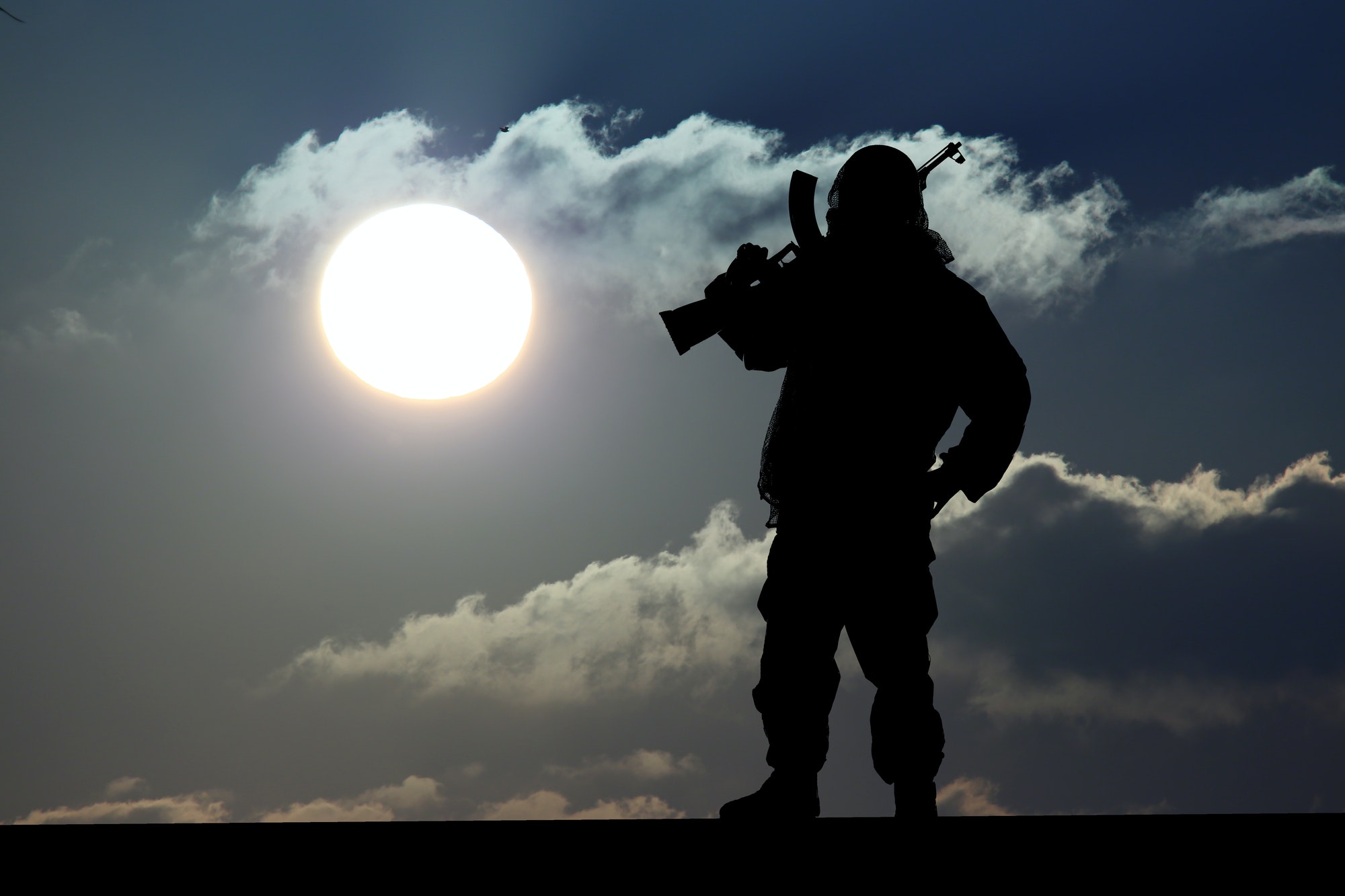What Happened?
The Basics of the Attack
ISIS, a well-known terrorist group, has taken responsibility for a huge and deadly attack in Iran. This attack is the worst Iran has seen since the 1979 revolution. The attack happened with two explosions near where Qasem Soleimani, a famous Iranian military leader, is buried in southern Iran. This sad event led to at least 84 people dying and 284 getting hurt.

ISIS’s Announcement
More than a day after these blasts, ISIS, through their media group Al-Furqan, said that two brothers who were suicide bombers set off their bombs in a crowd. This crowd was there to remember the fourth year since Soleimani was killed. ISIS targeted these people because they were Shia Muslims, a group ISIS strongly opposes.
Iran’s Side of the Story
Iranian media and officials reported the attack a bit differently. They said fewer people died than what ISIS claimed. This shows how the group that does the attack and the country’s government often tell different stories about what happened.
Why This Matters
Attacking Shia Muslims
This attack on Shia Muslims by ISIS isn’t new. ISIS has attacked many places important to Shia Muslims in different areas. They do this to hurt people and make the divide between different Muslim groups worse.
Who Was Qasem Soleimani?
Qasem Soleimani was a big deal in Iran’s military and politics. He was in charge of the Revolutionary Guards’ Quds Force and had a big impact on Iran’s actions in the region. His death in 2020 was a huge deal and led to a lot of mourning in Iran and made tensions around the world higher.
Bigger Picture Impact
This attack affects more than just Iran. It can shake up the stability in the region and change how countries interact with each other. Blame and accusations, like those against Israel, show how complex and tense things are in the Middle East. Events like this can make tensions worse and lead to bigger conflicts that affect everyone’s peace and safety.

Frequently Asked Questions (FAQs) About the ISIS Attack in Iran
What happened in the attack?
A deadly attack occurred in southern Iran near the burial site of military commander Qasem Soleimani. It involved twin blasts and resulted in at least 84 deaths and 284 injuries. ISIS claimed responsibility, stating that two suicide bombers targeted a gathering of Shia mourners.
Who claimed responsibility for the attack?
ISIS claimed responsibility for the attack. They announced this through their media wing, Al-Furqan, and said it was carried out by two brothers who were suicide bombers.
Why did ISIS target this specific location?
The location was targeted because it was a gathering to remember the fourth anniversary of Qasem Soleimani’s assassination. Soleimani is a significant figure in Iran, and the gathering was of Shia Muslims, whom ISIS opposes.
Are the reported numbers of casualties accurate?
There are discrepancies in the reported numbers of casualties. ISIS’s claims are higher than the official numbers reported by Iranian agencies, which is a common occurrence as different groups might report different numbers following such incidents.
Why does ISIS attack Shia Muslims?
ISIS views Shia Muslims as heretics and has a history of targeting Shia communities and religious sites. These attacks aim to cause harm and deepen sectarian divides.
Who was Qasem Soleimani?
Qasem Soleimani was a major Iranian military and political figure. He led the Revolutionary Guards’ Quds Force and significantly influenced Iran’s regional policies. His assassination in 2020 led to widespread mourning in Iran and increased international tensions.
What are the wider implications of this attack?
The attack has implications for regional stability and international relations. It contributes to the complex geopolitical situation in the Middle East and can escalate tensions, potentially leading to broader conflicts and affecting global peace and security.
Has Iran responded to the attack?
Yes, Iran has responded through its media and official channels, though their reports on the details of the attack, including the casualty numbers, differ from those claimed by ISIS. The country is likely to take further actions in response to the attack, considering the significance of the targeted location and the people involved.
Sources CNN


